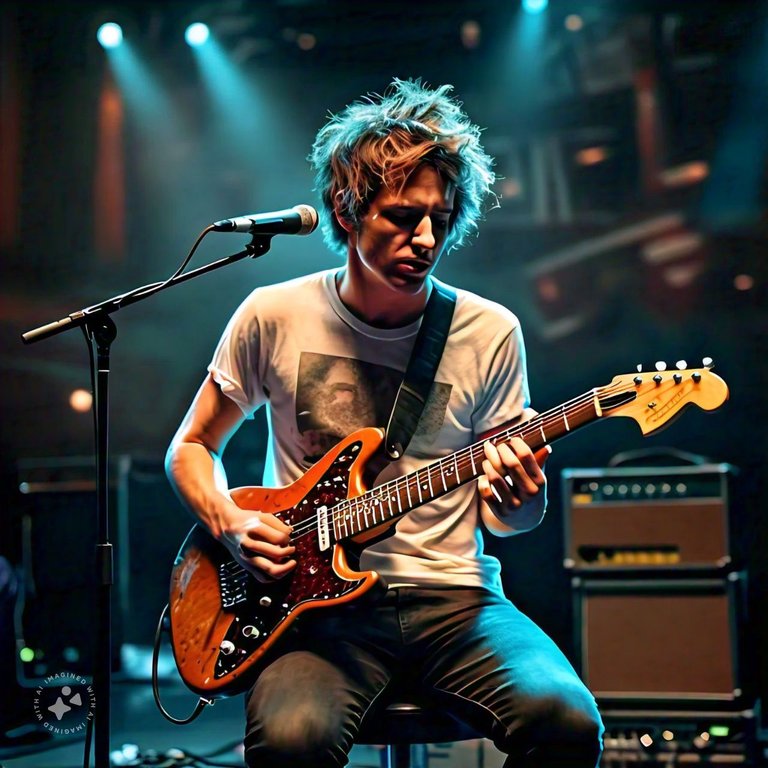The Power of Music in Shaping Identity and Cultural Unity

Music is like the heartbeat of culture. It has this incredible power to shape our identity, bring people together, and keep traditions alive. Across different cultures and communities, music plays a crucial role—it’s actually a universal language that transcends boundaries, brings people closer and allow them to express who they are.
One of the most amazing and impressive aspects of music is how it unites people from the same background. Let's think about cultural festivals, weddings, the installation of a chief, or family gatherings—what makes them truly special and lively? Music. The beats, rhythms, and songs are what get people on their feet, dancing and celebrating. At a Nigerian festival, for example, the beating of drums and traditional music instantly creates a sense of unity and excitement. It’s what brings people closer, even if they have never met before. You would agree with me that without it, these events would feel less engaging and lifeless.
Furthermore, music also serves as a glimpse into people’s identities. It’s actually very interesting how, just by listening to certain songs, you can get to know someone’s cultural background. For instance, when you listen to artists like Asake or Olamide, the influence of Yoruba culture is clear. From the language they use to the style and themes in their music, you get a sense of the Yoruba way of life. Even if you aren’t part of that culture, their music introduces you to it, and it can make you become more curious and open to learning about their ways of life.
Beyond this, music has a huge impact on personal identity. Many of us connect deeply with certain songs or genres because they resonate with our experiences or values. A song that speaks of your struggles, dreams, or beliefs feels almost like a companion. Some people might identify strongly with some afrobeat musicians because their songs reflects African culture and how they leave their lives, or with reggae because it speaks to themes of freedom and resilience. Over time, these musical tastes become part of how we define ourselves. They give us a sense of belonging and allow us to express who we are to the world.
On a global scale, music’s role in cultural exchange is also more important than ever. Thanks to streaming and social media, we can now access music from all over the globe. This has led to new, blended genres, where traditional and modern sounds come together. African music, for instance, has gained huge popularity worldwide, with Afrobeats now showing up in pop, hip-hop, and electronic music everywhere. This global exchange does not only makes music more dynamic but also fosters understanding and appreciation across cultures, showing us just how connected we really are.
In conclusion, I believe music is much more than just a collection of sounds or a form of entertainment—it’s part of who we are. It celebrates our diversity, brings people together in shared experiences, and keeps cultural traditions alive. Whether it’s a melody that reminds you of home, a song that speaks to your heart, or a rhythm that gets everyone dancing, music is a force that shapes our lives and identities in powerful ways. It connects us to our past, gives voice to our present, and inspires our future.
image is Ai generated.
Posted Using InLeo Alpha